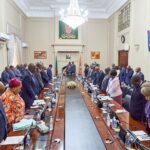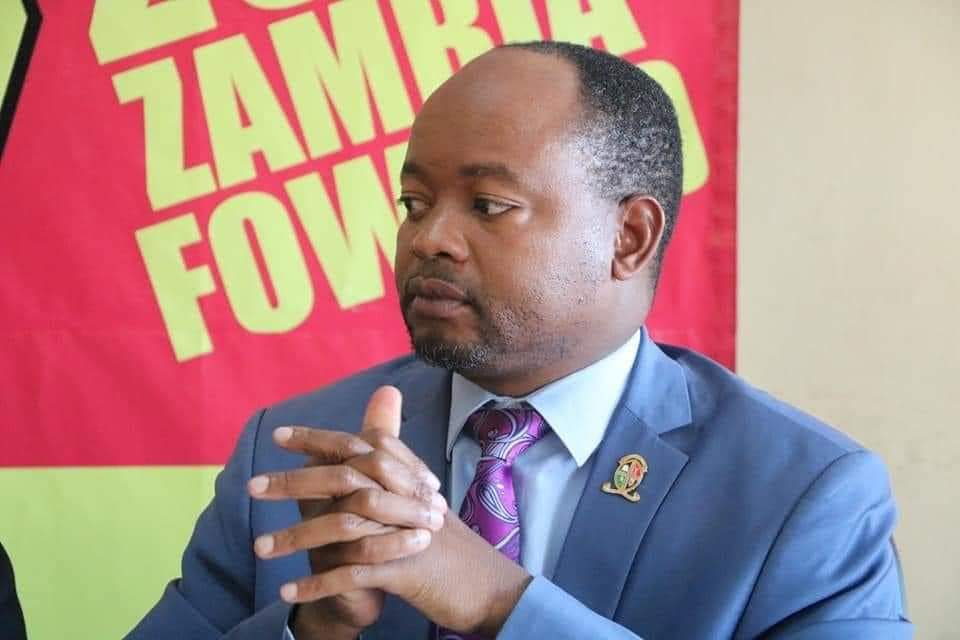Zambia is currently grappling with a devastating drought that has left about 5.8 million people struggling to survive. The extreme weather, exacerbated by the effects of El Niño, has wreaked havoc on the nation’s infrastructure, livelihoods, and environment. Minister of Information and Media, Cornelius Mweetwa, has appealed for urgent humanitarian assistance to support those affected.
Speaking at the 5th ordinary meeting of Ministers responsible for Disaster Risk Management in Zimbabwe, Mweetwa emphasized the critical need for immediate help, highlighting that Zambia is not immune to the challenges brought about by the ongoing El Niño phenomenon. The situation has led to widespread food insecurity, displacement, and a strain on essential services such as healthcare.
The Drought Response Plan
In response to the crisis, the Zambian government has formulated a comprehensive drought response plan aimed at providing relief to 6.6 million people over the next 14 months. However, the plan requires significant funding to address the vast array of needs, including food, shelter, and healthcare. The government has identified a funding gap of $889 million, which remains unfilled, hindering the ability to provide the necessary life-saving assistance.
“The Drought Response Plan has been developed to provide life-saving assistance to 6.6 million people over the next 14 months, but a significant funding gap of $889 million remains,” Mr. Mweetwa stated. So far, only 15% of the flash appeal for aid, issued by the United Nations and International Non-Governmental Organizations (INGOs), has been mobilized. This shortfall reflects the significant resource mobilization challenge that the region is facing.
Calls for Strengthened Disaster Preparedness
As Zambia and the surrounding region prepare for the upcoming rainfall season, the government has stressed the need to strengthen disaster preparedness and response mechanisms. The looming threat of further climatic disruptions calls for proactive measures to mitigate the impact of future natural disasters.
The Zambian government is calling on both local and international partners to step up and provide support for the millions of people in need. It is hoped that this will enable the country to bridge the funding gap and deliver essential relief to those affected by the ongoing drought.
A Broader Regional Challenge
Zambia is not alone in facing the repercussions of extreme weather patterns. Neighboring countries in southern Africa are experiencing similar challenges, with climate change exacerbating the frequency and intensity of droughts. Regional cooperation and resource-sharing will be crucial in tackling the broader humanitarian crisis and ensuring that the most vulnerable populations receive the aid they desperately need.
The situation underscores the urgent need for sustainable disaster risk management strategies, improved infrastructure, and long-term solutions to address food security in the region. As Zambia and its neighbors navigate these difficult times, the international community’s role in providing timely and effective assistance will be pivotal in saving lives and fostering recovery.






